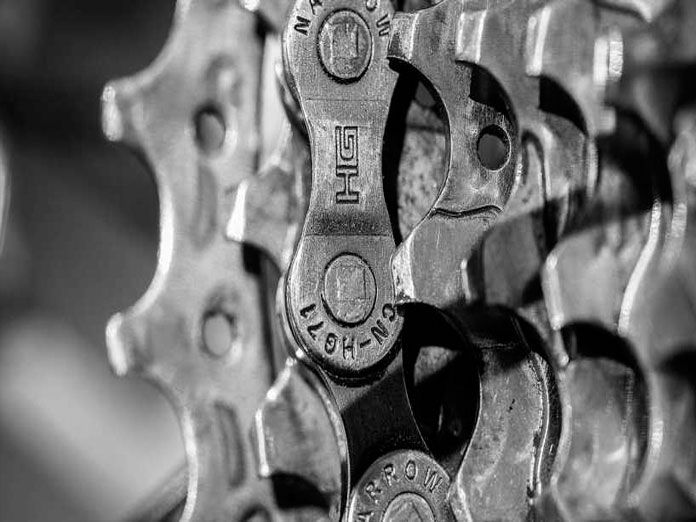Live
- Pant shatters Iyer's IPL auction record, sold to Super Giants for Rs 27 cr
- Yuva Sangeetha Sammelanam held
- Dharani proves a bane for 25K families across State
- Reckless, Dangerous Arms Race
- Russia needs a peace deal as it is running out of soldiers
- MyVoice: Views of our readers 25th November 2024
- Lack of planning, weak narrative behind MVA debacle
- UTF dist unit golden jubilee celebrations begin
- TSIC launches ‘Innovations 101’ coffee table book
- Drone technology for crime control
Just In

Scientists have developed a novel coating that could prevent metals from corroding by selfhealing within seconds when scratched, an advance that may keep major structures from failing
Washington: Scientists have developed a novel coating that could prevent metals from corroding by self-healing within seconds when scratched, an advance that may keep major structures from failing.
The material, developed by a team at the Northwestern University in the US, could prevent these tiny defects from turning into localised corrosion. "Localised corrosion is extremely dangerous. It is hard to prevent, hard to predict and hard to detect, but it can lead to catastrophic failure," said Jiaxing Huang, who led the research. When damaged by scratches and cracks, the system readily flows and reconnects to rapidly heal right before the eyes.
The study, published in the journal Research, showed that the material can heal repeatedly -- even after scratching the exact same spot nearly 200 times in a row. While a few self-healing coatings already exist, those systems typically work for nanometer- to micron-sized damages. To develop a coating that can heal larger scratches in the millimeter-scale, researchers looked to fluid. "When a boat cuts through water, the water goes right back together. The 'cut' quickly heals because water flows readily.
We were inspired to realise that fluids, such as oils, are the ultimate self-healing system," said Huang. However, common oils flows too readily, Huang noted. The team needed to develop a system with contradicting properties: fluidic enough to flow automatically but not so fluidic that it drips off the metal's surface. The team met the challenge by creating a network of lightweight particles -- in this case graphene capsules -- to thicken the oil. The network fixes the oil coating, keeping it from dripping. However, when the network is damaged by a crack or scratch, it releases the oil to flow readily and reconnect.
Huang said the material can be made with any hollow, lightweight particle -- not just graphene. The coating sticks well even underwater and in harsh chemical environments, such as acid baths. Huang said that it could be painted onto bridges and boats that are naturally submerged underwater as well as metal structures near leaked or spilled highly corrosive fluids. The coating can also withstand strong turbulence and stick to sharp corners without budging. When brushed onto a surface from underwater, the coating goes on evenly without trapping tiny bubbles of air or moisture that often lead to pin holes and corrosion.

© 2024 Hyderabad Media House Limited/The Hans India. All rights reserved. Powered by hocalwire.com







